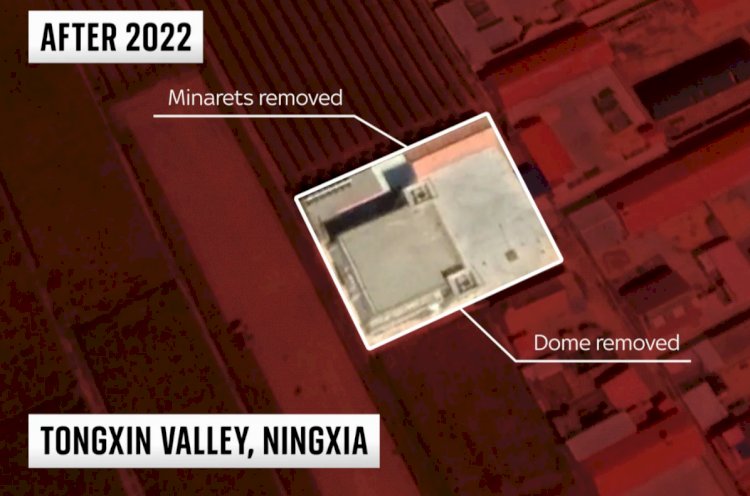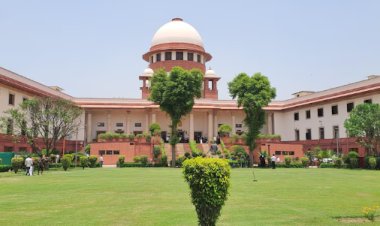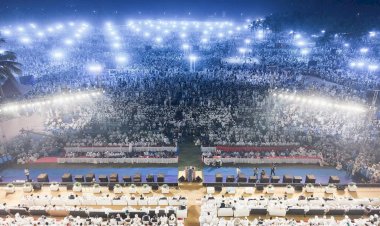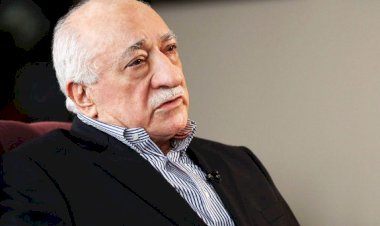China's Communist Party Tightening Grip on Islam and Muslims
In a covert investigation by Sky News into the effects of China's "Sinicization" policy on its Muslim population, startling revelations have emerged from the heart of the country's central provinces. Operating under a cloak of secrecy due to the risks posed by the authoritarian regime, Sky News reporters gained access to the hidden world of Hui Muslim communities, uncovering a narrative of religious suppression and cultural erosion.
The once vibrant mosques, symbols of religious identity and community cohesion, now stand as hollow shells of their former selves, stripped of their domes and minarets. This systematic de-Islamification, a key facet of President Xi Jinping's agenda, aims to dilute the influence of Islam and impose a Chinese stamp on religious practices.
The Hui, China's largest Muslim group, numbering over 11 million, find themselves at the forefront of this cultural transformation. Through meticulous investigation spanning months, Sky News analyzed 37 mosques across Gansu and Ningxia provinces, unearthing a staggering reality: 84% of these sites have undergone some form of de-Islamification or closure.
Driven by President Xi Jinping's fervent push for "sinicization," mosques across the nation have been subjected to drastic renovations, shedding their Arabic influences in favour of a more "Chinese" aesthetic. Minarets truncated, domes dismantled, and Arabic signage replaced with Chinese script—the transformation is stark and emblematic of the state's relentless pursuit of cultural homogenization.
Yet, beneath the veneer of architectural alteration lies a broader campaign aimed at reshaping the very fabric of religious identity. With the sinicization of Islam heralded as a means to safeguard national stability, ethnic minorities and religious groups find themselves under heightened scrutiny, compelled to conform to a state-prescribed notion of "Chineseness."
The ideological underpinnings of this crusade lie in the Chinese Communist Party's narrative, which portrays Islam as a foreign entity in need of domestication. In the eyes of the state, the sinicization of Islam represents a return to a purportedly "authentic" Chinese form of the faith—one unblemished by external influences.
The parallels with the repression in Xinjiang are striking, albeit less overtly coercive. While mass detentions have yet to materialize outside Xinjiang, the pervasive surveillance apparatus casts a pall of suspicion over Muslim communities nationwide.
The scope and pace of the sinicization campaign vary across regions, underscoring its nuanced implementation. Forced mosque renovations are but one facet of a multifaceted endeavour that extends into every aspect of religious life. From educational curricula to the governance of mosques, the state exerts its influence, dictating the contours of religious expression.
While this is happening, some Hui Muslims are trying to resist. They've held small protests against mosque changes. But it's tough because the government is watching them closely. China's push to change Islam is part of a bigger plan to control religion in the country. For Hui Muslims, it's a struggle to keep their traditions alive in the face of government pressure.
Disclaimer
The views expressed in this article are the author’s own and do not necessarily mirror Islamonweb’s editorial stance.
























Leave A Comment